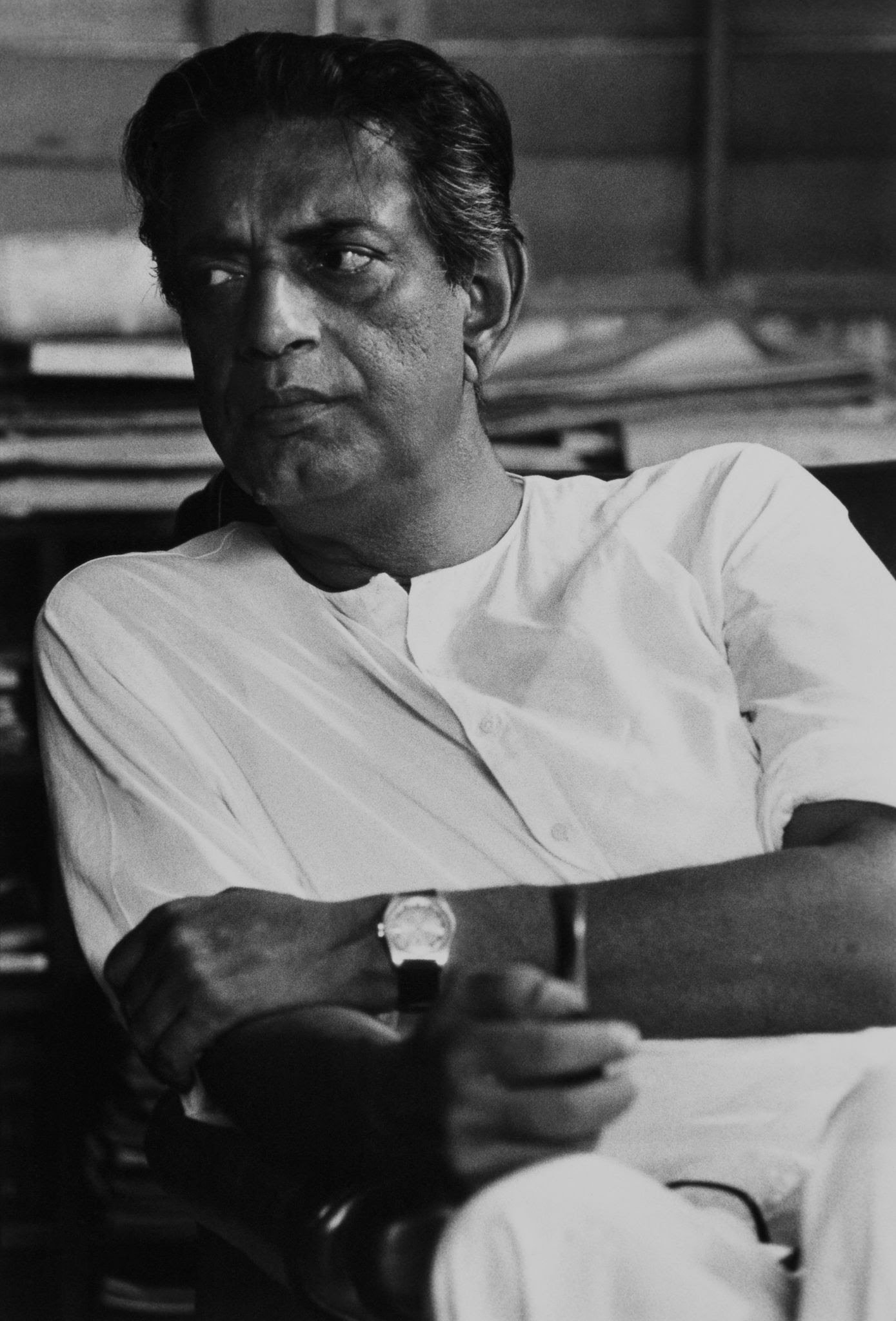Satyajit Ray is one of the most influential filmmakers in the history of Indian cinema. Born in Kolkata, India in 1921, Ray started his career as a graphic designer and illustrator before making his foray into filmmaking. Over the course of his illustrious career, Ray directed over 30 films, many of which are considered classics of Indian cinema.
One of Ray's most notable contributions to Indian cinema was his role in establishing the "Parallel Cinema" movement. This movement, which emerged in the 1950s and 1960s, was characterized by its rejection of mainstream Bollywood cinema and its focus on realism and social issues. Ray's debut film, "Pather Panchali" (1955), is widely considered to be the first film of the Parallel Cinema movement, and is regarded as a masterpiece of world cinema.
Ray's films often dealt with social issues such as poverty, corruption, and the struggles of the lower classes. He was particularly known for his sensitive portrayals of women, which were rare in Indian cinema at the time. His films were also notable for their use of natural lighting, on-location shooting, and minimal use of music.
Aside from his work as a filmmaker, Ray was also a prolific writer, illustrator, and composer. He wrote several novels and short stories, including the popular "Feluda" series of detective novels. He also composed the scores for many of his films, using classical Indian music as well as Western classical music.
Despite his many accolades and achievements, Ray was known for his humility and modesty. He often credited his success to his team of collaborators, and was known for his willingness to work with new and unknown actors and technicians. He also worked tirelessly to promote the growth and development of Indian cinema, serving as a mentor to many aspiring filmmakers.
Satyajit Ray passed away in 1992 at the age of 70, but his legacy lives on. His films continue to inspire and influence filmmakers around the world, and his contributions to Indian cinema are celebrated to this day. Ray was a true visionary who used his art to shed light on the struggles and triumphs of everyday people, and his impact on Indian cinema and the world of filmmaking will not soon be forgotten.

